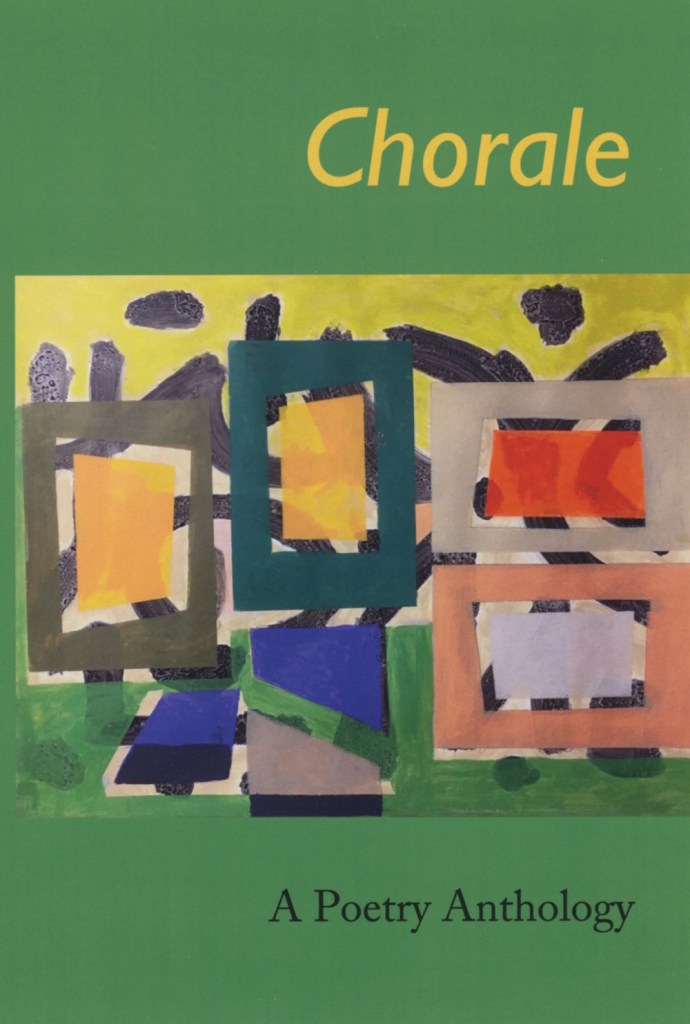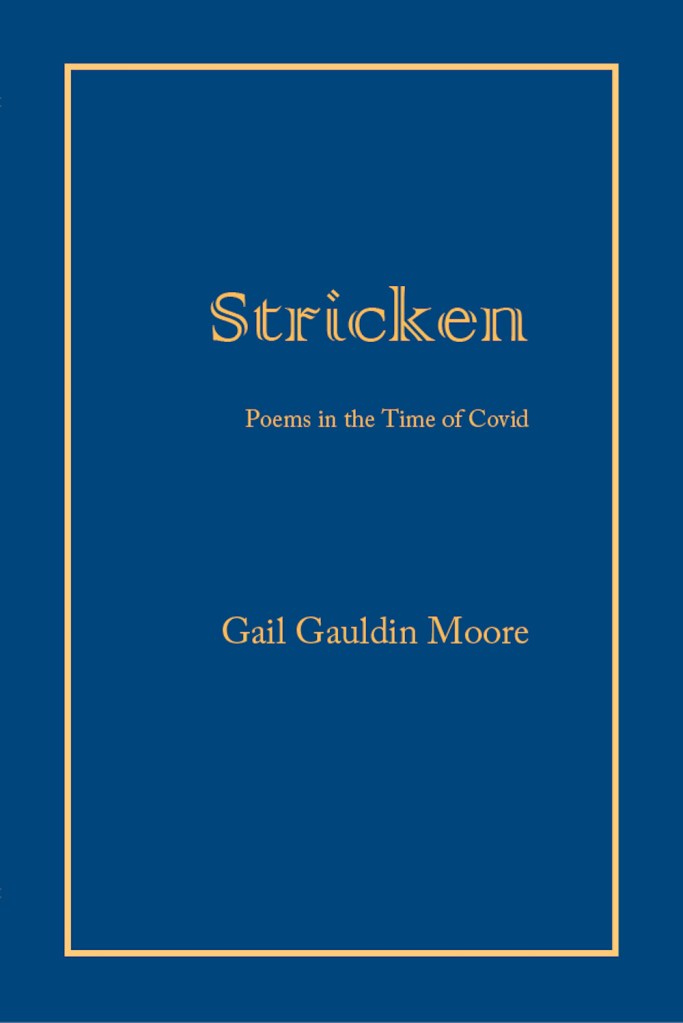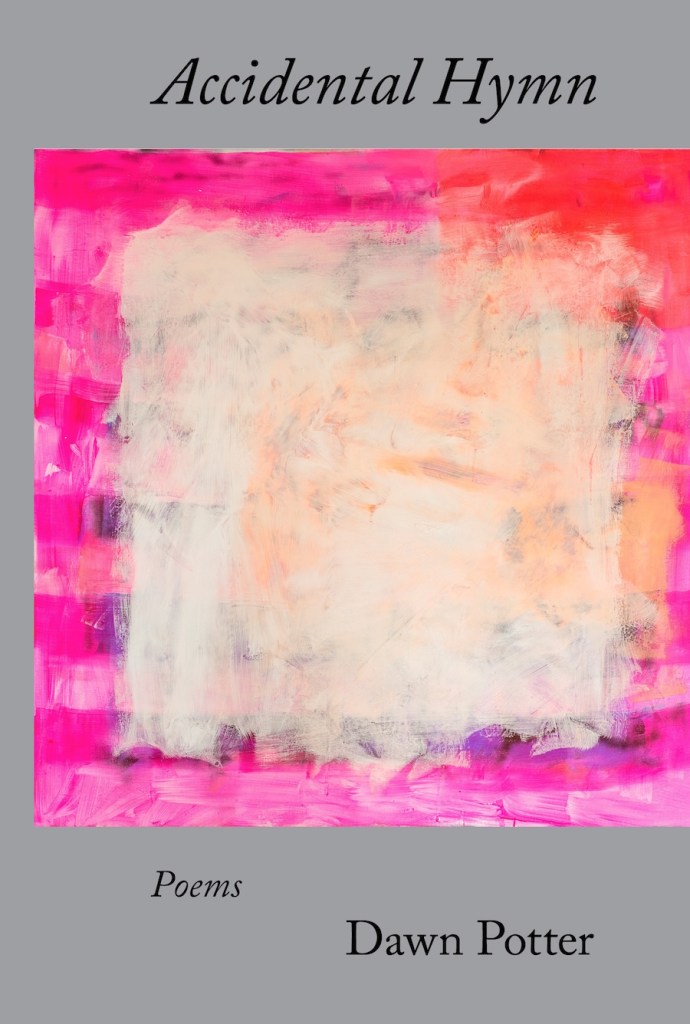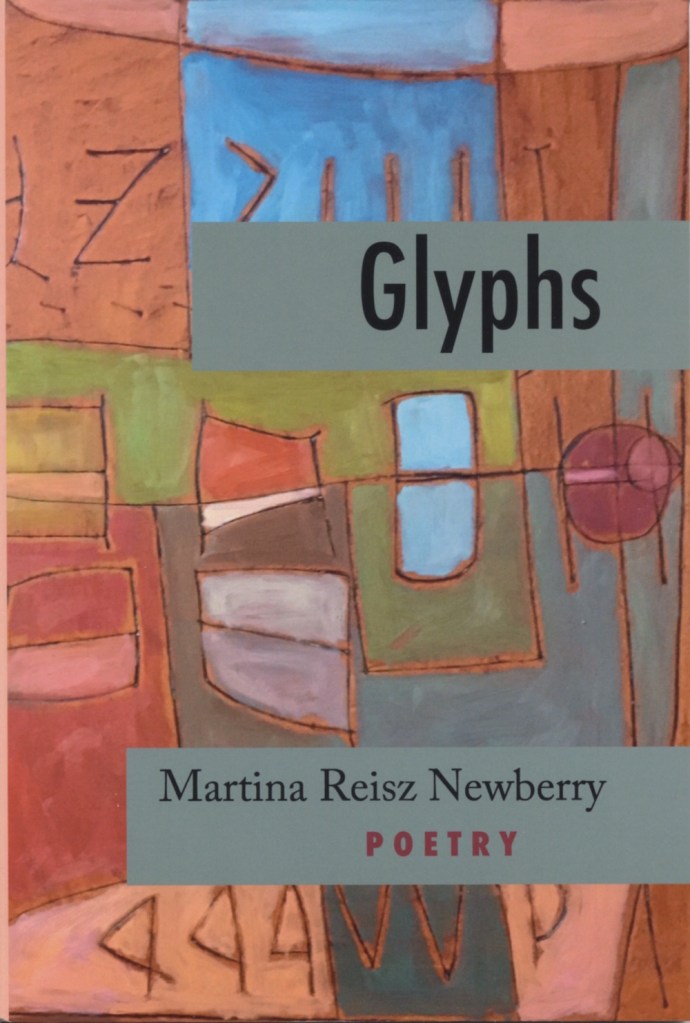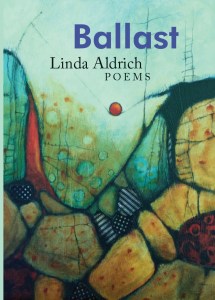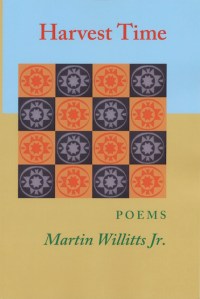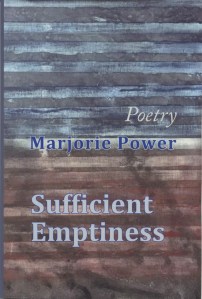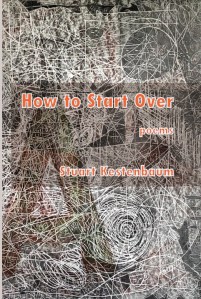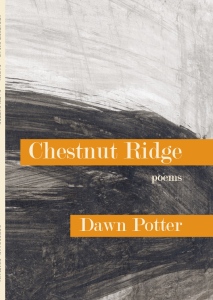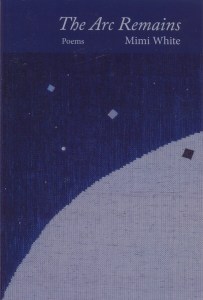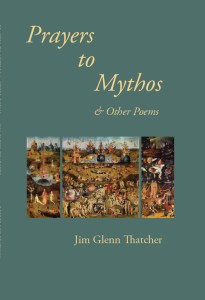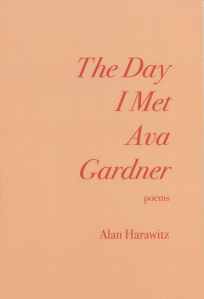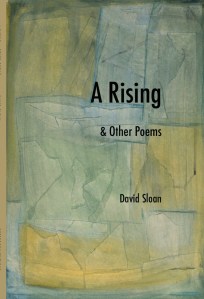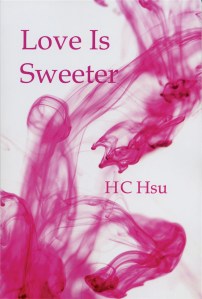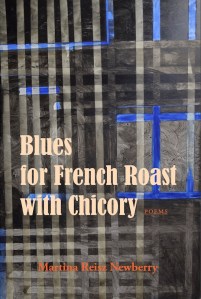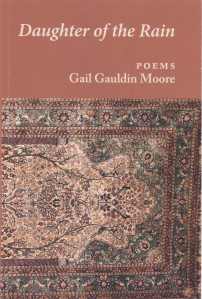 This title is available from Deerbrook Editions, click on the cover to visit the site.
This title is available from Deerbrook Editions, click on the cover to visit the site.
Some links to YouTube videos about books and authors
2022 titles from Deerbrook Editions
Titles for 2021
All titles can be found on Deerbrook Editions Website. You can order with PayPal using cards, and shipping is free in the USA.
These are all poetry collections , except for Antique Densities which borders on prose poetry and fiction. Things Seemed to be Breaking is a collection of black out or erasure poems, and may fit in the “found” category as well as that of visual poems.
Click on the cover of choice to get to the page for the book on the press Website.
Deerbrook Editions titles 2019-2020
Chestnut Ridge by Dawn Potter. Chestnut Ridge is also a deluxe volume in 7 x 10 in. format. This title was a finalist in the Maine Literary Awards for Poetry this spring.
Expanding on the post, The year in books, this post presents lots of new titles from the press over the past year, so we are going to just list the covers and send you to the site for all the details (click on covers for links to book pages for ordering; shipping in the USA is free)
Idealism & Radicalism
Idealism and Radicalism
A few have written worthwhile meditative essays about what the virus is telling us, bringing to lives, to industry, and for the most part, the human world as its functions are effected by closing and stopping, in an attempt at reducing pandemic through scaling down to essential needs—as logical and urgent measures in this situation require radical responses, given the magnitude of possible outcomes otherwise.
What some of us notice is the quiet. Natures creatures continue the cycles of seasonal returning to nest and the protecting of young, it is almost as if the world has stopped but the Earth goes on, returning to a time passed, (a sub-sentiment of populist or nationalist, even isolationist thinking) when the encroaching of the world upon the Earth was not so great. Ambition was on a lesser scale, the functions of daily life and enterprise were slower. In some ways, our existence was on more of a human scale, rather than on a corporate scale.
So the imagination can reflect on what is happening, what has happened, perhaps engage in rethinking what normal was and what it could be, to retain some continuity while discussing the possibilities, taking into account the often bellicose rhetoric that contains those political sound bites and talking points aimed at the ‘people’ and ‘values’ of any group, make use of the time to step back and reinvent our selves. Some who have seen this opportunity will realize and say that it sounds idealistic. What might go unnoticed is how ideals fuel so much of politics, the unrealistic pursuit of ideals is the ism, idealism. But to contemplate a caring return to good stewardship of resources and innovations, to take care of the Earth, to take care of each other, stop yelling, stop fighting, stop destroying, stop hating and scapegoating, stop fear mongering, and start finding creative ways to solve the problems of the human condition, this is labeled idealistic. Why? When invention and creativity have been for the most part blessings for society, and many people can tell when bad judgment comes into play with such things, things that are poisonous, we still have a tendency to label everything. One might easily label ideas for change as radical. Especially those who don’t want change, because change impedes upon their greed and hunger for power, or their opportunity to manipulate situations for their own benefit. Beliefs cannot be proven or disproved. Truths and facts have to stand this test. Some like to turn beliefs into truths, into dogma.
Still, there are those who are now taking to the streets making declarations of ‘dictatorship’ against governors who have taken measures to protect its citizens from spreading the virus, and some politicians are concerned about the economy— a crowd wants to return to ‘normal’ and open things up without any semblance of real debate or consideration of objective truth; their truth is in so-called rights to assemble, either to protest or go to church, under the guise that the governor is being un-constitutional; and so it doesn’t take much thought to think of this as immature, rather ignorant, at least not helpful, and not creative, probably appearing to mimic opposing ideas by many of the inept fearless leader, who to many rational minds has to be a sociopath, incapable of emotional responsibility—what would the pastors have to say about their blind faith, if in fact it is a question of faith, as I read one relentless right wing friend of a writer I know, who posts from time to time uncanny reports of the debacles of the fearless leader, which in turn draws a long thread of commentary such as alluded to here, as well as points by sane individuals to the lack of understanding, judgment by extreme prejudice, and possible devastating outcome of certain actions—the virus is killing people world wide. Does that sound radical? is that not cause for alarm and adapting prudent measures regarding the safety of all citizens? The news had stories of people, mostly men, who claim the order for shelter in place is bullshit, and are now hospitalized with conditions of the virus.
And as to faith, I offer these words:
Matthew 6
5 And when thou prayest, thou shalt not be as the hypocrites are: for they love to pray standing in the synagogues and in the corners of the streets, that they may be seen of men. Verily I say unto you, They have their reward.
6 But thou, when thou prayest, enter into thy closet, and when thou hast shut thy door, pray to thy Father which is in secret; and thy Father which seeth in secret shall reward thee openly.
26 Behold the fowls of the air: for they sow not, neither do they reap, nor gather into barns; yet your heavenly Father feedeth them. Are ye not much better than they?
27 Which of you by taking thought can add one cubit unto his stature?
28 And why take ye thought for raiment? Consider the lilies of the field, how they grow; they toil not, neither do they spin:
29 And yet I say unto you, That even Solomon in all his glory was not arrayed like one of these.
-Anonymous
Old lovers never die
Once in a while when you think you see somebody that looks like somebody you knew 30 years ago, it does something to your day, maybe even that sense of remembering who you actually are, the person you are made certain decisions toward becoming, in spite of mistakes, you loved them all.
From being green in an iron lung, to being a vegetarian with a tendency toward Macro, as most youth, beyond hopeful, beyond optimistic, overestimating purpose, while some say be a doctor or a lawyer, others said how talented you are, you lived on a kind of threshold. The painters argued over whether your cartoons were art, whether you should be drawing from nature, eventually a teacher would balance it all out when he said about your sketchbook, “It shows how you think.”
Likewise, decades later, when realizing how angry you were at your father, for not only divorcing your mother, but for remarrying. The therapist rang a bell when he said, “He was not emotionally responsible.” Imagining that phrase, the gears were turning, the brain shifting and a reason flowed and grew into understanding why so many mistakes eclipsed purpose. But not imagination, not drawing, even from memory, the self is all you need, your mind is guaranteed, but it takes years if not a lifetime to know what the gurus mean when they say to control your mind. Or Jesus when he said, “. . . as you believe, so shall it be.”
You can walk the same summer day’s path thinking about annoying things or you can be counting your blessings, don’t you know. When you have the insight you are on the path to self knowledge, ha. But then what is knowledge? Know your self. How little we know. Facts and figures, skills and practice—talent, now there is a conundrum. What good is talent if you do nothing with it. Some consider success the end to the means. But the business of art is not making art, learning what your teacher is really saying, because the best teaching is by example. You know this if your mother did not make you do things. You cannot force people to do things. Mothers teach by example.
Desire makes the world turn, and it causes so much pain. Learn to love without desire, ha, then there is no song, there is no moonlit night when a field becomes a sky of stars for the fog of fireflies blinking in courtship. Yes, find my love by light.
So when you see that face in the market pondering the shelf of soups, or the rack of breads, and somehow it dawns on you that the store is full of lovers, all those faces, in their own worlds, all milling around almost impervious to each other, what have you noticed?
Lots of new books from Deerbrook Editions
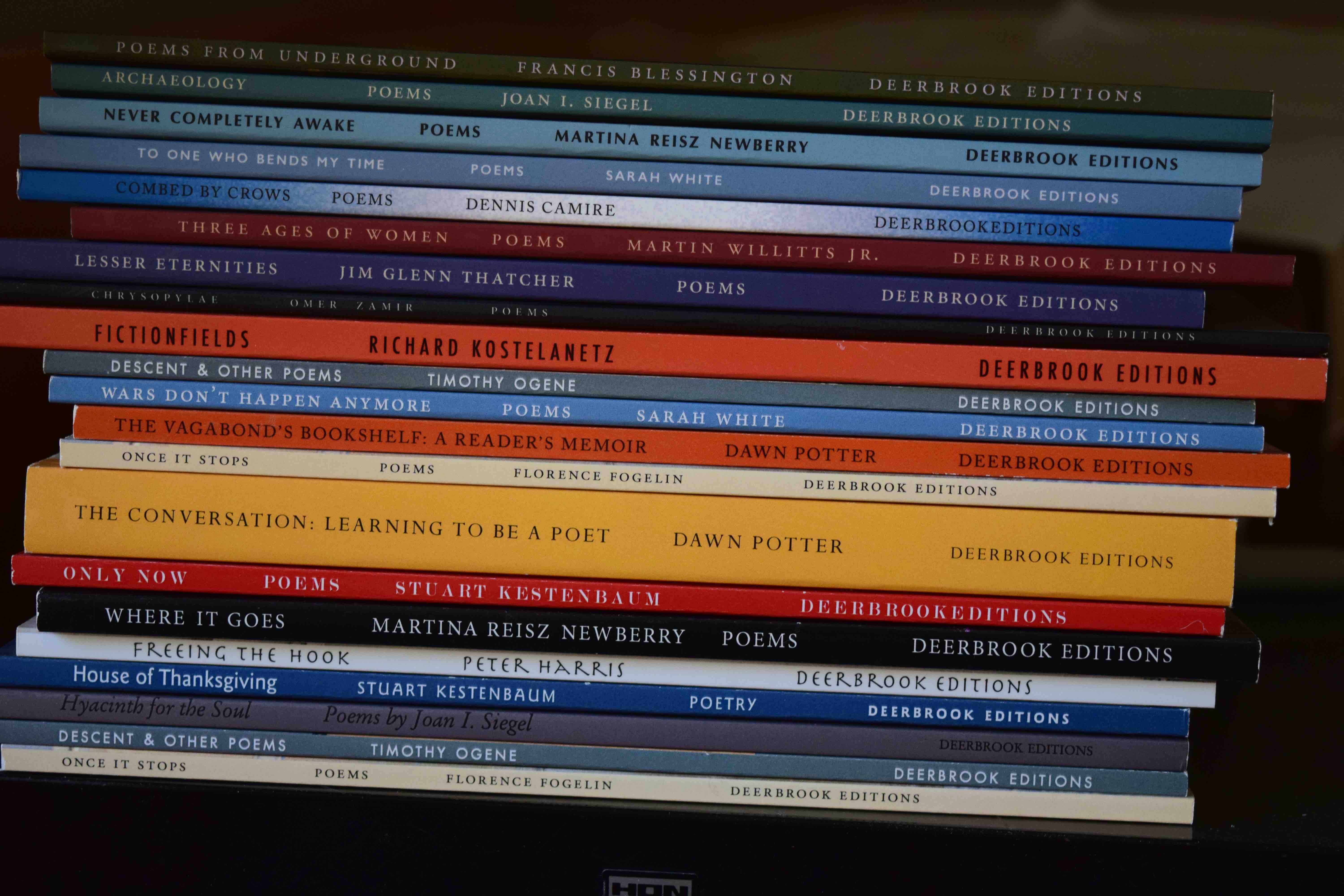 In spite of what has been said if you search for stats of what people buy (poetry often does not even show up), last year (2017) was a good year for Deerbrook poets, mostly selling on amazon, with more good people going to the press Website. A survey done by The New York Review of Books a few years ago put poetry at about 20% of what people were buying in a year. Almost half of the top top subject, history. Here is an interesting article from a couple of years ago on CNN.
In spite of what has been said if you search for stats of what people buy (poetry often does not even show up), last year (2017) was a good year for Deerbrook poets, mostly selling on amazon, with more good people going to the press Website. A survey done by The New York Review of Books a few years ago put poetry at about 20% of what people were buying in a year. Almost half of the top top subject, history. Here is an interesting article from a couple of years ago on CNN.
Lots of recent titles of interest; check out the backlist post on the site. Twenty three new titles were published in the past coupe of years, to be exact. Many titles have previews of on issuu.com which provides an excellent interactive catalog.
If you visit the site there are several menus for looking up titles, and most pages include reviews and endorsements about authors and titles, as well as embedded previews from issuu.com. This link goes directly to all the current previews.
When you order from the press Website in the USA you get free shipping. Usually sent media mail you get what amounts to a discount of about $2.60 off the price of a single title. Other presses often add shipping to the price of the book. It’s our way of saying thanks for ordering from the site. Also, please note that with PayPal you do not need an account with PayPal, you can use the card of your choice.
Worn out phrases
Worn out phrases
sounds like a plan
that day was a wash
the fact of the matter is
there’s no denying
time and time again
seeing is believing
say what you mean
and mean what you say
at the end of the day
it is what it is
Sarah White on The Lake & Off Course
Sarah White on The Lake two poems, Ventricular, and The Ballad of Narayama
Ventricular
Young Fanny Mendelssohn, in petticoats and pumps—
In the lower chambers of the heart
lost every race against her younger brother.
severe arrhythmia gives rise
In their middle years, they raced again and she awoke
to a danger of collapse
at the gates of Death, alone.
Chest compressions may be given
On the day of her burial,
by anyone, including family members.
Felix heard anthems in an awkward key, and her voice:
To restore a normal rhythm
“Brother, you’re so pale. There’s not much time.
(about 100 beats a minute)
Take these dark hymns and write my elegy
electric shock must be administered …
at lightning speed.
The Ballad of Narayama
A man carries his mother on his shoulders
through the brambles. She will no longer
be living in the village.
They’re going up the sacred mountain.
He is weary. He doesn’t want to leave her
up the mountain in a clearing
on her prayer mat, knees crossed,
peering through the brambles.
She knows she won’t be living
in the village. The man carries
his mother. He is weary.
The snowfall is a blessing.
Narayama is a mountain and a ballad
to be sung in any order—
down from the prayer mat
to the village, up to the clearing
where he leaves her, cross-legged,
smiling at the snowfall
and the shoulders disappearing
through the brambles.
Sarah White’s most recent published collections are The Unknowing Muse (Dos Madres, 2014) and Wars Don’t Happen Anymore (Deerbrook Editions, 2015). She lives, writes, and paints in New York City.
The Lake
“All of writing is a huge lake. There are great rivers that feed the lake, like Tolstoy or Dostoyevsky. And then there are mere trickles, like Jean Rhys. All that matters is feeding the lake. I don’t matter. The lake matters. You must keep feeding the lake.”
Jean Rhys
Inspired by Jean Rhys’ imperative, The Lake is dedicated to publishing all forms of poetry by new and established poets, highlighting the best of contemporary poetry and reviewing the best of the new books.
Also appearing on Offcourse literary journal in Albany.







